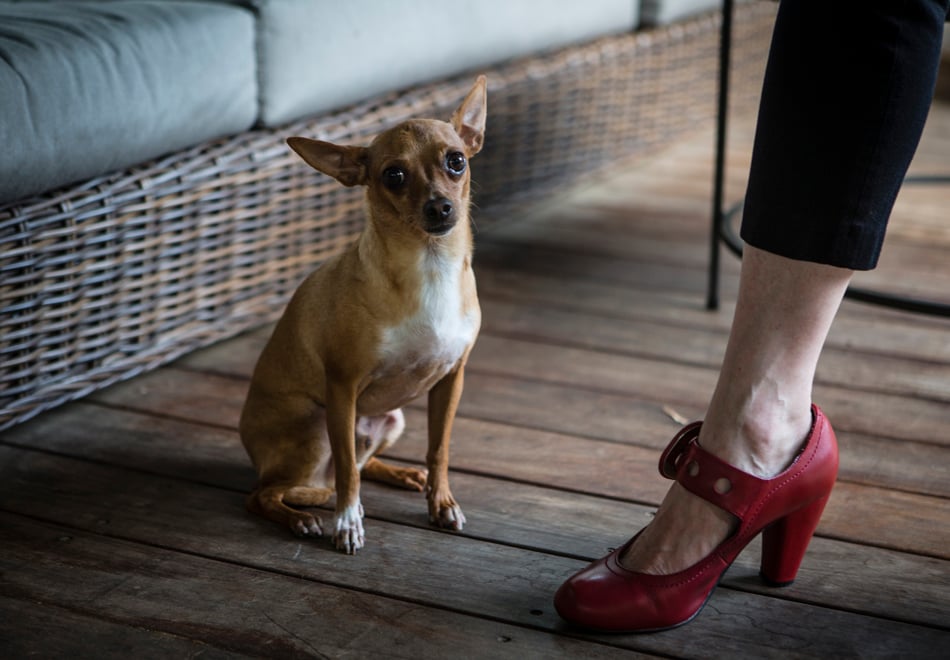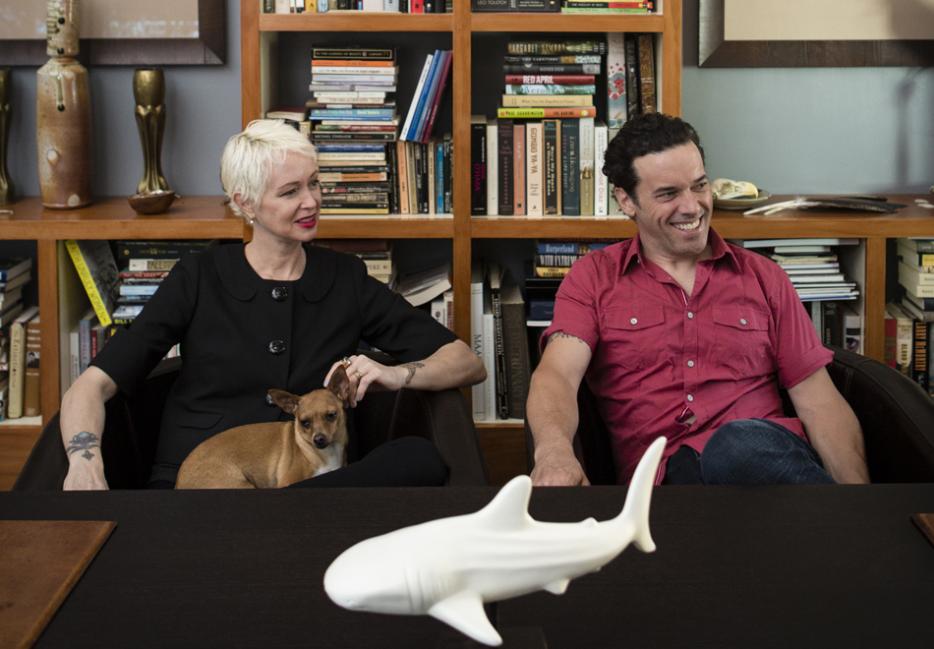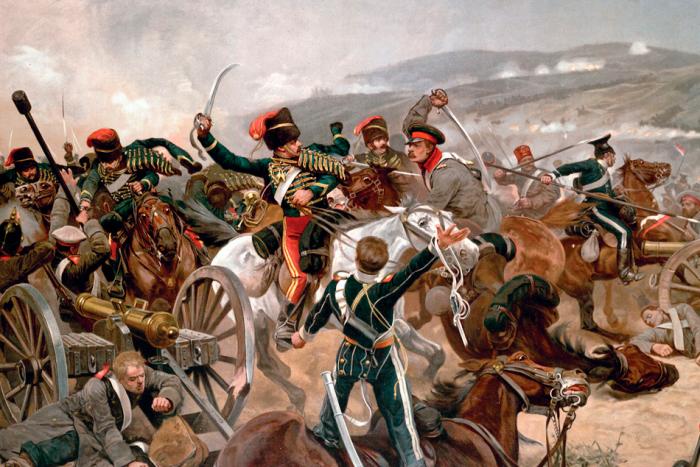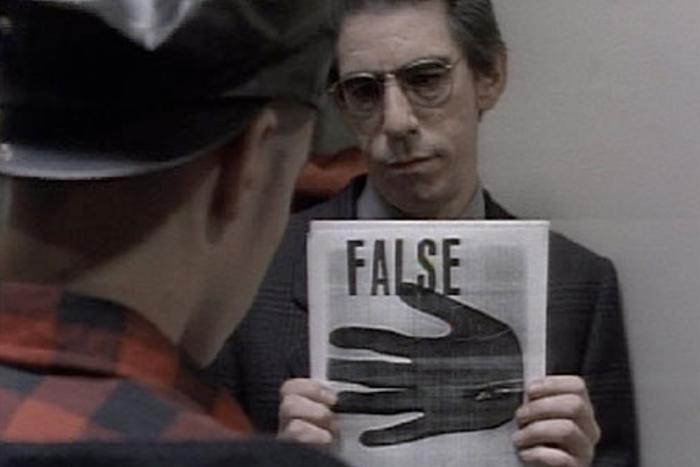Joseph Boyden’s books reside on a towering wall of shelves in the library of the New Orleans home he shares with his wife, Amanda Boyden (author of Babylon Rolling and Pretty Little Dirty). Last fall Hazlitt dropped by their house—formerly a 19th century corner grocery store—shortly after Joseph’s latest novel, The Orenda, was named to the Giller Prize longlist. Yesterday The Orenda was named the winner of this year's Canada Reads.
On finding their new house
Amanda: You know, I’ve had a bad habit of online shopping. I don’t like to go shopping in person and we were living Uptown just off Magazine Street and they had discovered termites in half of the building we were in. We had a two-story apartment and they had to remove an entire wall. So we were living with blue tarps for too many months in a row and I had a novel due, Joseph had a novel due, and we said “Well maybe we should actually consider buying,” so we met with a realtor. I went shopping around online and realized we couldn’t afford to buy anything up over there. Joseph said, “Well, let’s expand the search” and I saw this house, and the listing had coincidentally just been put up that day. I said, “Joseph, I think I found our house!” And it was the first and only house we ever looked at.

On writing together daily
Joseph: Amanda and I actually write sitting right across the table from each other. Amanda talks way more than I do.
Amanda: That’s so not true. So not true.
Joseph: We’ll stop and read sections of what we’re working on to each other. We’re very honest with each other. My last novel was called Through Black Spruce and I finished a draft of it and I gave it to Amanda. It was a 500-page novel at that point. It was big. She read not even the first hundred pages and put it down and said, “It’s not working.”
Amanda: I didn’t say that. I did not say that!
Joseph: You did. (Laughter) She said, “I don’t want to read on any more because I don’t think it’s there.”
Amanda: I said I didn’t think it was functioning the way it should just yet.
Joseph: Basically, she basically told me it’s not there yet. And you have to do that. You have to be honest with each other but we’ll also praise each other. She tells me that this new one is my best book.
Amanda: It’s my favorite by far.
Brett Michael Dykes is the editor-in-chief of Uproxx and a contributor to the New York Times.
Photos by William Widmer
Originally published in Hazlitt No. 1





